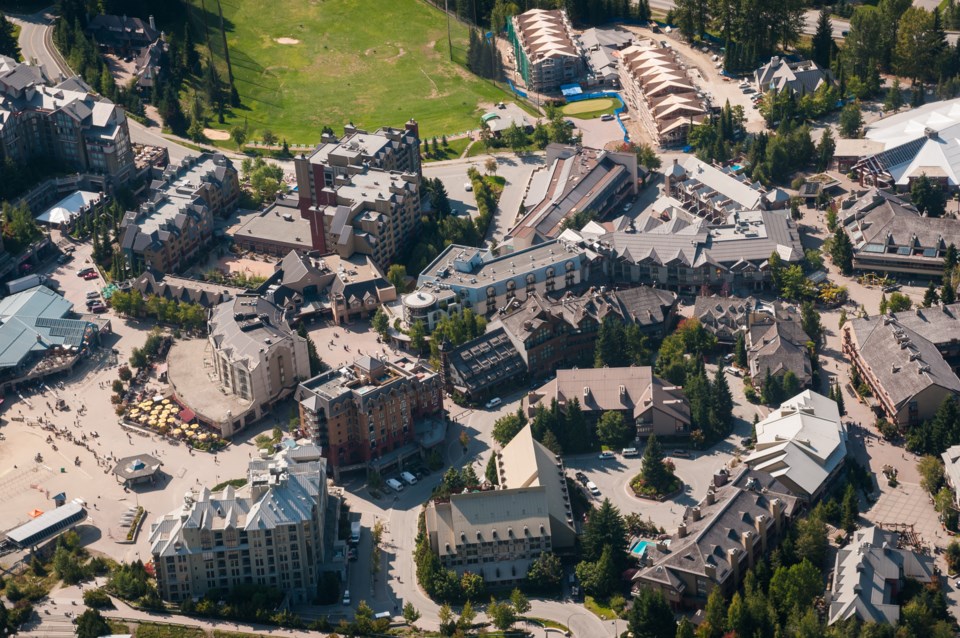Whistler Mayor Jack Crompton is welcoming new short-term rental (STR) legislation introduced by the provincial government this week in Victoria.
“[The legislation] makes British Columbia one of the leading provinces in Canada as far as the regulation of short-term rentals are concerned,” Crompton said.
“It gives local government tools that we’ve been asking for for a long time.”
The legislation introduced Monday, Oct. 16 will force short-term platforms like Airbnb to provide data on their listings to the province, which will then be passed to local governments so they can track listings and enforce local bylaws. Municipalities will also be given the ability to levy larger fines against STR operators that don’t play ball.
Much of the new legislation has been lobbied for by local governments through the Union of British Columbia Municipalities (UBCM) for years—Crompton served as co-chair of the UBCM advisory group on STRs when it delivered a list of asks to the province in 2021, and said the rules were about giving local government teeth.
“It’s legislation that forces the platforms to share data with us, to register all rentals and comply with our regulations. It’s going to make the work that we do [in Whistler] even better.”
Whistler is a hotbed for Airbnb activity, ranking highly as one of Airbnb’s most profitable destinations in North America according to its own data, and requires robust municipal oversight.
In Whistler, tourist accommodation providers are required to have the appropriate zoning and a business licence, and short-term rentals are not permitted in residential neighbourhoods.
The new legislation includes rules designed to force STR operators with multiple listings across multiple properties to sell, with a requirement that the operators must live in the property they are renting rooms out of. But the Resort Municipality of Whistler (RMOW) is exempt from this rule—and doesn’t even need it, according to Crompton, who said the Whistler bylaws are even tougher.
“That program is actually less restrictive than Whistler’s current regulatory framework,” he said. “We do not allow any rental of residential real estate through the sharing platforms.”
Crompton described Whistler as a leader in bylaw enforcement around STRs, adding much of the provincial legislation was informed by input from the RMOW.
Going forward, the new STR legislation will be phased in at the provincial level, starting with changes to allow greater fines from local governments for non-compliance (from a maximum of $1,000 to $3,000, per infraction, per day). The next phase will include the primary residence requirement that Whistler is exempt from, while later stages enforcing platform compliance and cooperation with the provincial government are expected to be in place by summer 2024.
“There’s work to do at the provincial level to put this into regulation, so we’ll be paying close attention to what the province eventually delivers,” said Crompton.
“I am encouraged that the province is taking action on this, and I think it’ll make for a stronger tourism industry in British Columbia, and most importantly it will be one more tool in our work towards housing the people who live and work in our communities.”
According to the provincial government, there are about 28,000 daily active short-term listings in B.C., up 20 per cent from five years ago.
Research from McGill University shows the top 10 per cent of short-term rental hosts earn nearly half of all revenue, and nearly half of all operators own multiple listings.
“These actions will return literally thousands of homes back to the market,” Premier David Eby said in announcing the legislation Oct. 16.
“We are taking an all-hands-on-deck, all-of-the-above approach to housing. This is one more step in our larger housing strategy to ensure B.C. is a great place to visit for tourists, but also to live for the people who make this province go."




